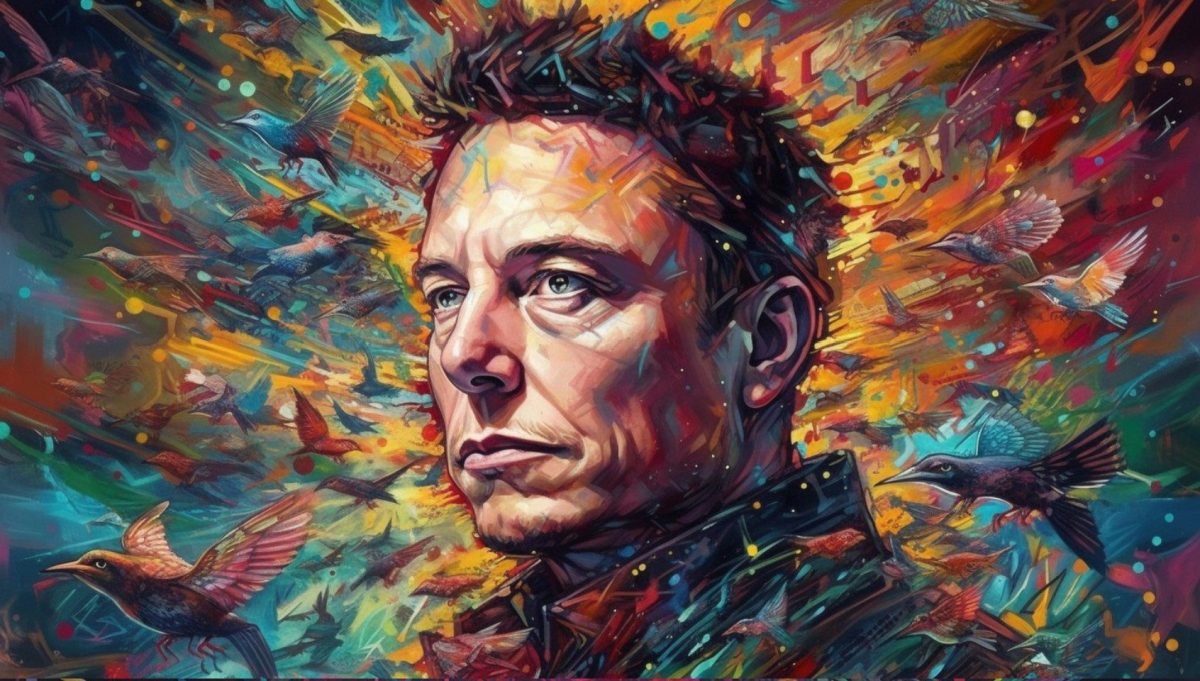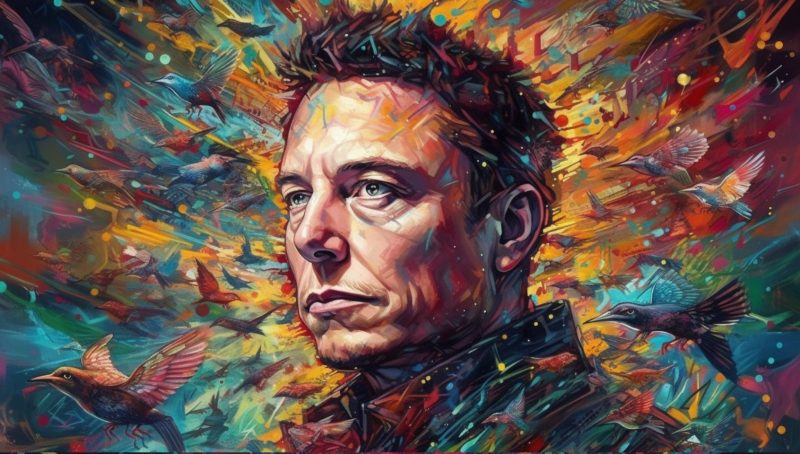

Donald Trump has recently voiced support for the H-1B visa program, a move that aligns him with prominent figures in the tech industry, including Elon Musk. This shift has ignited debates among his core supporters, especially those advocating for stricter immigration controls.
Shifting Perspectives: Trump’s H-1B Visa Stance
During his presidency, Trump championed policies designed to restrict the H-1B visa program, framing it as part of his “America First” agenda aimed at protecting U.S. workers. Yet, in a recent interview, he stated, “I have always been in favor of the visas. That’s why we have them.” Trump also acknowledged employing H-1B visa holders at his properties, highlighting the program’s utility for businesses that rely on specialized skills.
This pivot represents a notable departure from his previous rhetoric, which often condemned the visa system for allegedly disadvantaging American workers. His current remarks suggest a recognition of the program’s value in bolstering industries dependent on skilled labor. However, this shift also reflects a deeper pattern: Trump’s tendency to prioritize actions that ultimately serve his own interests, particularly when financial incentives are at play.
Tech Leaders Advocate for Global Talent
Elon Musk, CEO of Tesla and SpaceX, has consistently supported the H-1B visa program, emphasizing its importance in attracting world-class talent to sustain the U.S. tech sector’s global competitiveness. According to Musk, there is a “dire shortage of extremely talented and motivated engineers in America,” making skilled foreign workers indispensable to innovation and progress.
Leaders from other major tech firms, including Google and Microsoft, have echoed this sentiment. They argue that access to global talent through programs like H-1B is crucial for advancements in areas such as artificial intelligence, software development, and engineering. These companies view the program as vital for maintaining their leadership on the international stage.
Discord Among Trump’s Base
Trump’s endorsement of H-1B visas has created a rift within his support base. Many hardline supporters see the program as a threat to American jobs, asserting that it enables companies to replace domestic workers with lower-cost foreign employees, thereby suppressing wages and job opportunities for U.S. citizens.
This tension reflects broader challenges in balancing the demand for skilled labor in critical industries with the political commitment to safeguarding American employment. For some Trump supporters, the H-1B program epitomizes a clash between economic pragmatism and cultural protectionism.
The Road Ahead for Immigration Policy
As Trump prepares to take office, questions remain about how his administration will navigate the future of the H-1B visa program. While his recent statements signal support for the program, it is unclear whether his policies will align with the tech industry’s needs or prioritize the more restrictive immigration stance favored by a segment of his supporters.
Trump’s history suggests a pattern of decision-making driven by self-interest, particularly when financial stakes are high. Musk’s public advocacy and influence may also play a significant role, as some observers suggest the billionaire’s support has given him considerable sway over Trump’s stance. Critics argue that this dynamic reveals how Trump’s policy decisions often align with the interests of those he perceives as powerful allies or benefactors.
The Policy Tightrope
Trump’s evolving position on H-1B visas underscores a broader policymaking challenge: reconciling the demands of a globalized economy with the concerns of a diverse and polarized electorate. How he manages these competing interests will not only shape his legacy on immigration and economic policy but also influence the trajectory of American innovation and labor markets.
